Two Ways to Bring Games Into Your Classroom
By Hubert Ham
 Photo by Fredrick Tendong on Unsplash
Photo by Fredrick Tendong on Unsplash
Gamification and game-based learning are different instructional strategies, but both can work wonders for student engagement.
- 0 Comments
- Apr 6, 2021 10:00:00 AM
- Posted by Natalia Galvis
- Topics: Robotics, About the Robots, EdTech, STEM, Curriculum, teachers, students, Technology, VR, Realidad Virtual, Edchat, Digital Technology, teaching, online, Virtual Reality, lessons, eLearning, Automation, Expeditions 2.0
5 Ways To Transform How STEM Is Taught In Schools
By Fabricio Pamplona
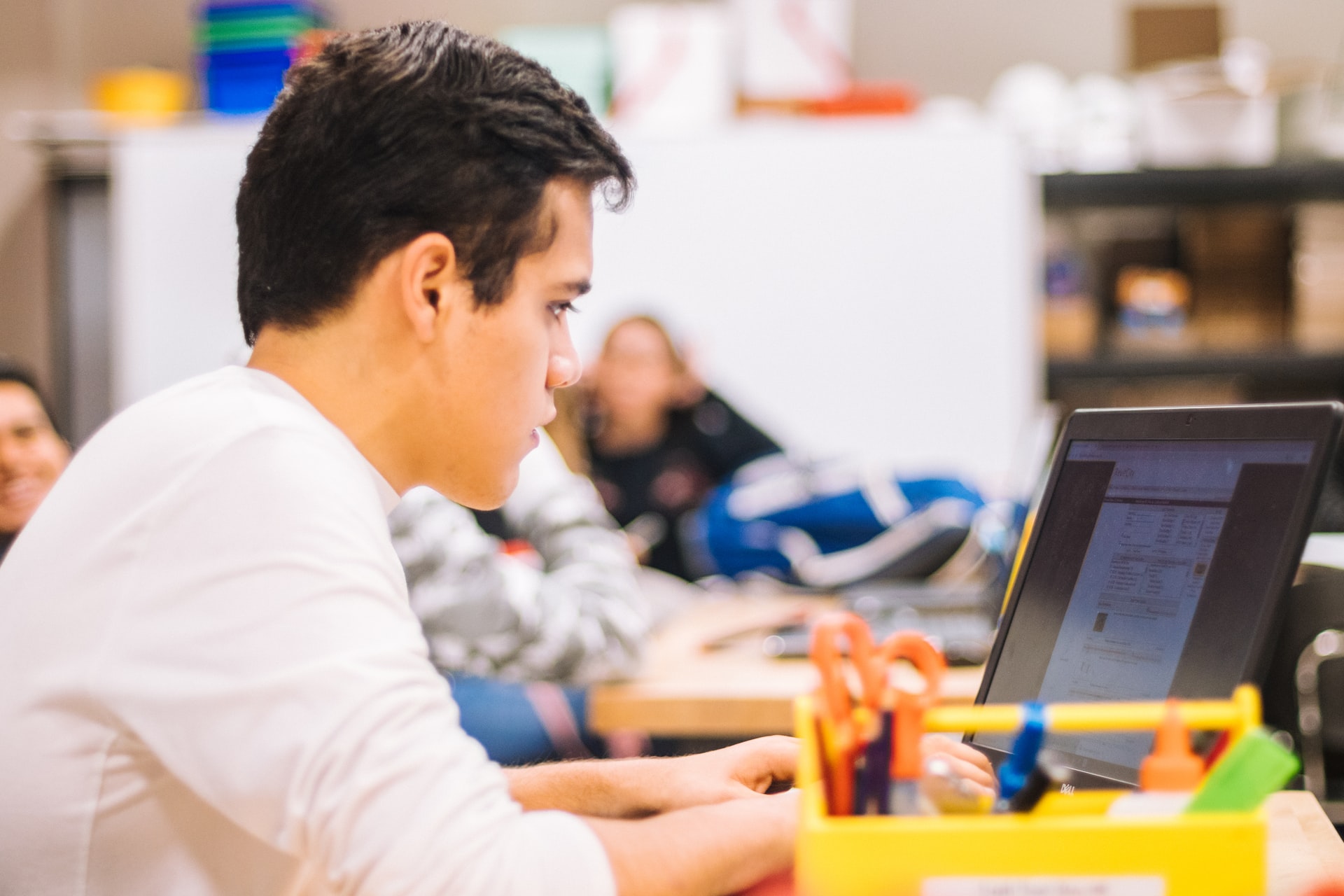 Photo by Jeswin Thomas on Unsplash
Photo by Jeswin Thomas on Unsplash
STEM is a crucial part of any student’s curriculum, right from the initial phase of their educational journey. In their formative years, the skills and knowledge gained by students are much more concrete and reflect in the way they approach their professional lives. Considering this, facilitating STEM learning requires educators and students to collaborate so that the learning experience can be successful and goal-oriented.
With the amount of information that students consume today, it is a great challenge for educators to create unique learning experiences. However, with the right tools and technologies, educators can truly create memorable STEM learning experiences that can help students learn and grow.
Here are a few ways in which you can transform how you teach STEM subjects to your students:
- 0 Comments
- Apr 5, 2021 10:00:00 AM
- Posted by Natalia Galvis
- Topics: Robotics, About the Robots, EdTech, STEM, Curriculum, teachers, students, Technology, VR, Realidad Virtual, Edchat, Digital Technology, teaching, online, Virtual Reality, lessons, eLearning, Automation, Expeditions 2.0
10 EdTech trending topics in higher education right now
 Photo by Annie Spratt on Unsplash
Photo by Annie Spratt on Unsplash
The changes set in motion in 2020 offered the world of higher education the chance to explore new opportunities and get a deeper understanding of matters previously only partially uncovered. Technology played a major role in this respect: in fact, with the massive shift to remote and hybrid schedules, EdTech helped completely reshape learning and teaching. The following list features 10 EdTech trending topics in higher education to keep an eye on right now and in the future post-pandemic world.
- 0 Comments
- Apr 2, 2021 10:00:00 AM
- Posted by Natalia Galvis
- Topics: Robotics, About the Robots, EdTech, STEM, Curriculum, teachers, students, Technology, VR, Realidad Virtual, Edchat, Digital Technology, teaching, online, Virtual Reality, lessons, eLearning, Automation, Expeditions 2.0
IoT: future applications in K-12 and higher education
 Photo by Timothy Muza on Unsplash
Photo by Timothy Muza on Unsplash
The Internet of Things (IoT) is a network of interrelated physical objects connected through the internet, which has found several applications in the education world in recent years, from K-12 to higher education.
The purpose of this connection? To put it simply, to exchange and transfer data without requiring direct intervention. IoT has become an integral part of the innovation brought to schools by EdTech in recent years, and even though it is not as widespread as of now, it will soon find its way into more and more institutions in the upcoming years.
- 0 Comments
- Apr 1, 2021 10:00:00 AM
- Posted by Natalia Galvis
- Topics: Robotics, About the Robots, EdTech, STEM, Curriculum, teachers, students, Technology, VR, Realidad Virtual, Edchat, Digital Technology, teaching, online, Virtual Reality, lessons, eLearning, Automation, Expeditions 2.0
Poly by Google will be shutting down forever on June 30, 2021
This is a reminder that one month from today, on April 30, 2021, Poly by Google we’ll be shutting down the ability to upload models directly on the Poly website or via API.

- 0 Comments
- Mar 31, 2021 10:00:00 AM
- Posted by Natalia Galvis
- Topics: Robotics, About the Robots, EdTech, STEM, Curriculum, teachers, students, Technology, VR, Realidad Virtual, Edchat, Digital Technology, teaching, online, Virtual Reality, lessons, eLearning, Automation, Expeditions 2.0
Google Expedition Replacement from RobotLAB
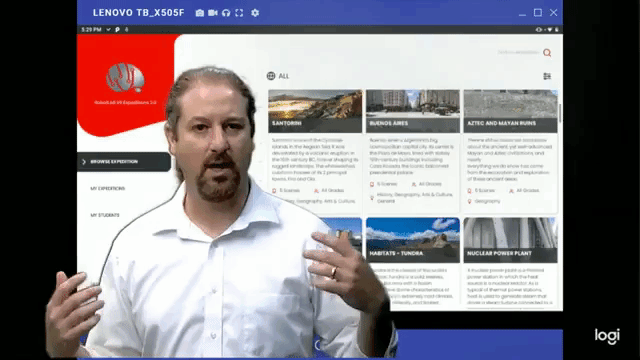
Hello everyone. My name is Elad Inbar. I'm the CEO for RobotLAB. Today I'm going to talk to you about VR Expeditions, 2.0. As you probably heard, Google decided to discontinue Google expeditions. Somewhere mid-June, they will basically shut down their servers and we will lose access to all the expeditions and all the resources that they put together over the years. It's unfortunate, but that's their decision.
- 1 Comments
- Mar 29, 2021 10:00:00 AM
- Posted by Natalia Galvis
- Topics: Robotics, About the Robots, EdTech, STEM, Curriculum, teachers, students, Technology, VR, Realidad Virtual, Edchat, Digital Technology, teaching, online, Virtual Reality, lessons, eLearning, Automation, Expeditions 2.0
How to Use the 5Es in Remote Math Instruction
 Photo by Antoine Dautry on Unsplash
Photo by Antoine Dautry on Unsplash
A five-stage instructional model—engage, explore, explain, elaborate, and evaluate—can guide students to a deeper understanding of math.
- 0 Comments
- Mar 16, 2021 10:49:08 AM
- Posted by Natalia Galvis
- Topics: Robotics, About the Robots, EdTech, STEM, Curriculum, Special Education, teachers, autism, Coding, students, programming, Technology, VR, Realidad Virtual, Edchat, Digital Technology, teaching, online, Virtual Reality, lessons, eLearning, Automation
Hybrid Teaching Strategies for Elementary Classrooms
By Paula Díaz
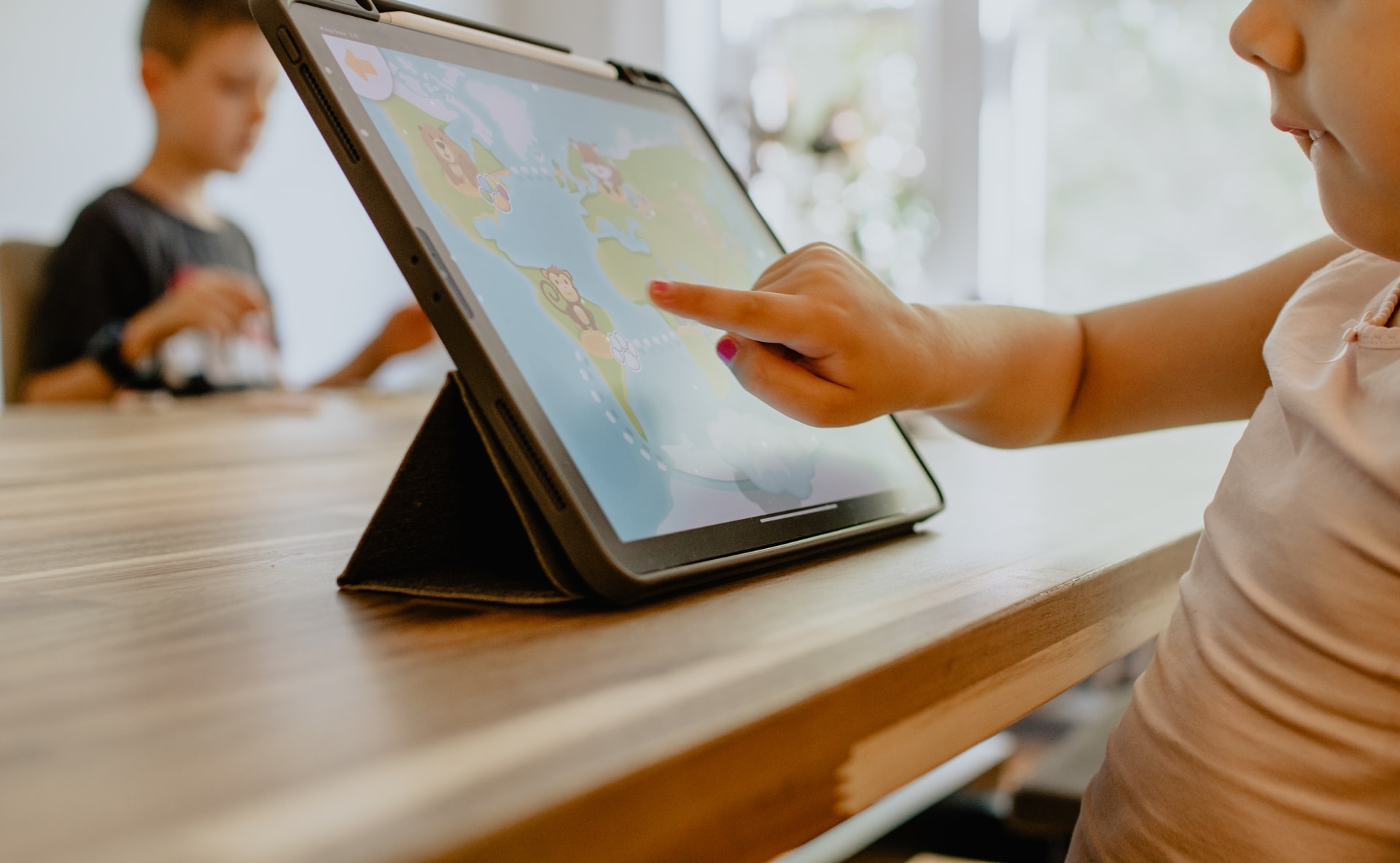 Photo by Kelly Sikkema on Unsplash
Photo by Kelly Sikkema on Unsplash
Some adaptations for hybrid classrooms, like digital manipulatives and instructional videos—will be worth keeping when all students are back in the room.
- 0 Comments
- Mar 11, 2021 10:00:00 AM
- Posted by Natalia Galvis
- Topics: Robotics, About the Robots, EdTech, STEM, Curriculum, Special Education, teachers, autism, Coding, students, programming, Technology, VR, Realidad Virtual, Edchat, Digital Technology, teaching, online, Virtual Reality, lessons, eLearning, Automation
5 Tips for Inclusive STEM Learning Experiences
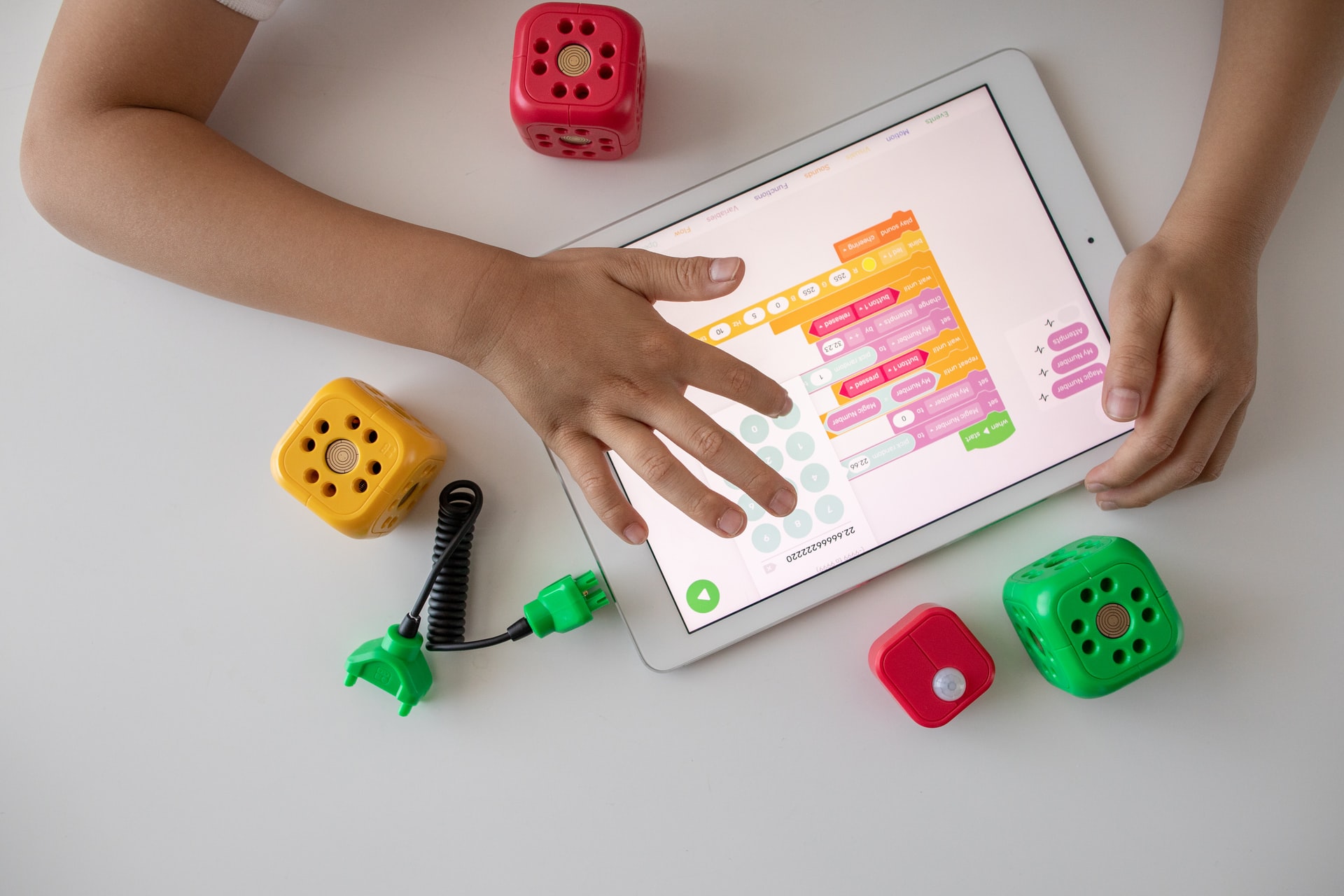 Photo by Robo Wunderkind on Unsplash
Photo by Robo Wunderkind on Unsplash
When students who would never sign up for a robotics or coding class do so because we’ve introduced it to them, it’s a win-win for everyone.
- 0 Comments
- Mar 10, 2021 10:00:00 AM
- Posted by Natalia Galvis
- Topics: Robotics, About the Robots, EdTech, STEM, Curriculum, Special Education, teachers, autism, Coding, students, programming, Technology, VR, Realidad Virtual, Edchat, Digital Technology, teaching, online, Virtual Reality, lessons, eLearning, Automation
Flipped Learning in Remote Education: Turn Your Virtual Classes Upside Down
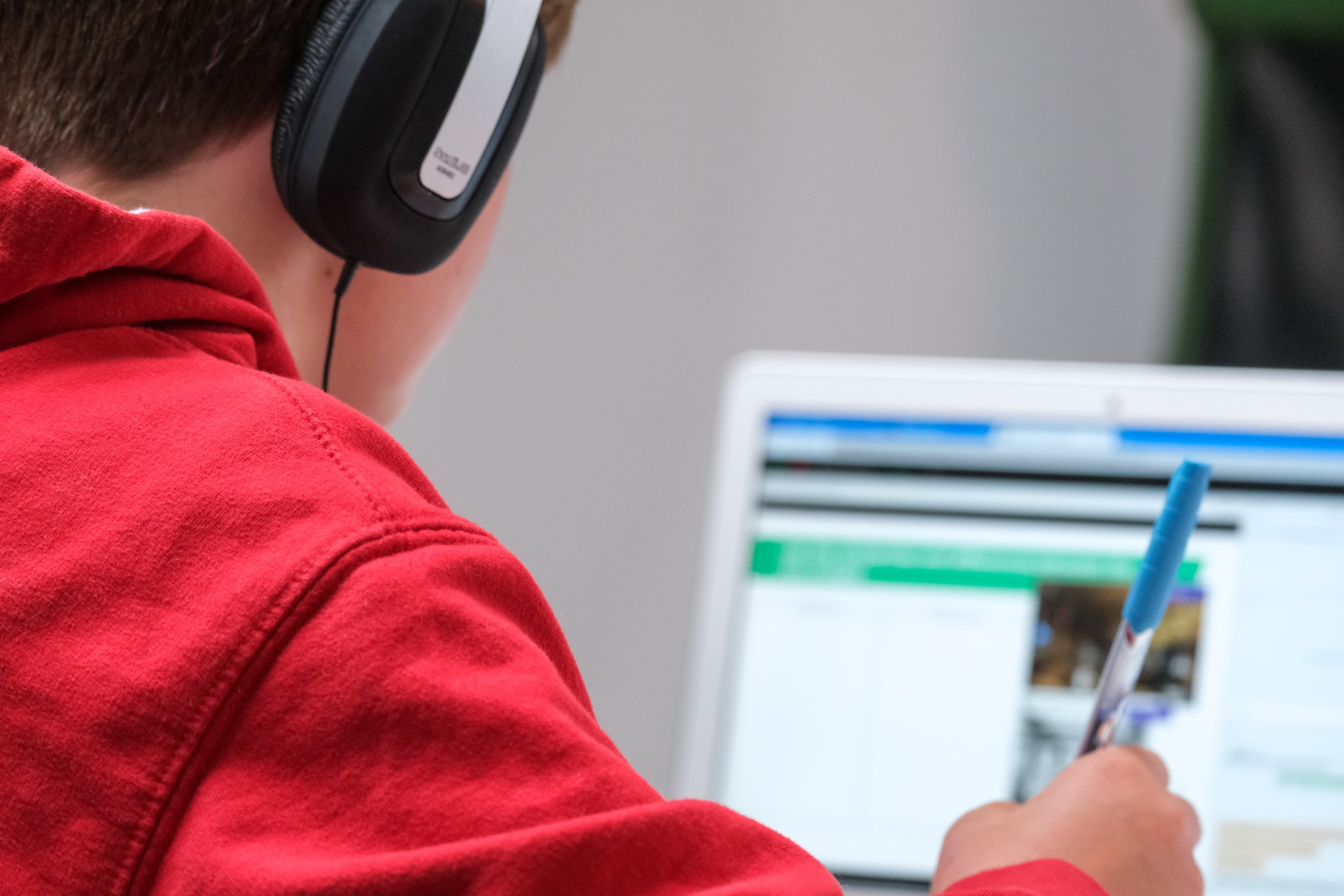 Photo by Compare Fibre (https://www.amvia.co.uk/ ) on Unsplash
Photo by Compare Fibre (https://www.amvia.co.uk/ ) on Unsplash
Have you always been interested in flipped learning but you’ve never actually put it into practice? Remote education offers the perfect chance to discover all the benefits of this methodological approach.
For those of you who aren’t familiar with flipped classrooms, the concept can be explained very simply. Flipping a classroom means turning learning structures upside down: instead of introducing a new topic with traditional lectures, teachers prepare a presentation and hand it over to their students. They will watch it or read it – depending on the format – on their own before the class. Subsequently, class time will be used for hands-on education.
- 0 Comments
- Mar 9, 2021 10:00:00 AM
- Posted by Natalia Galvis
- Topics: Robotics, About the Robots, EdTech, STEM, Curriculum, Special Education, teachers, autism, Coding, students, programming, Technology, VR, Realidad Virtual, Edchat, Digital Technology, teaching, online, Virtual Reality, lessons, eLearning, Automation
Relevant Posts
Popular Posts
Subscribe to Email Updates
-
I Want To Learn MoreADDITIONAL INFORMATION


